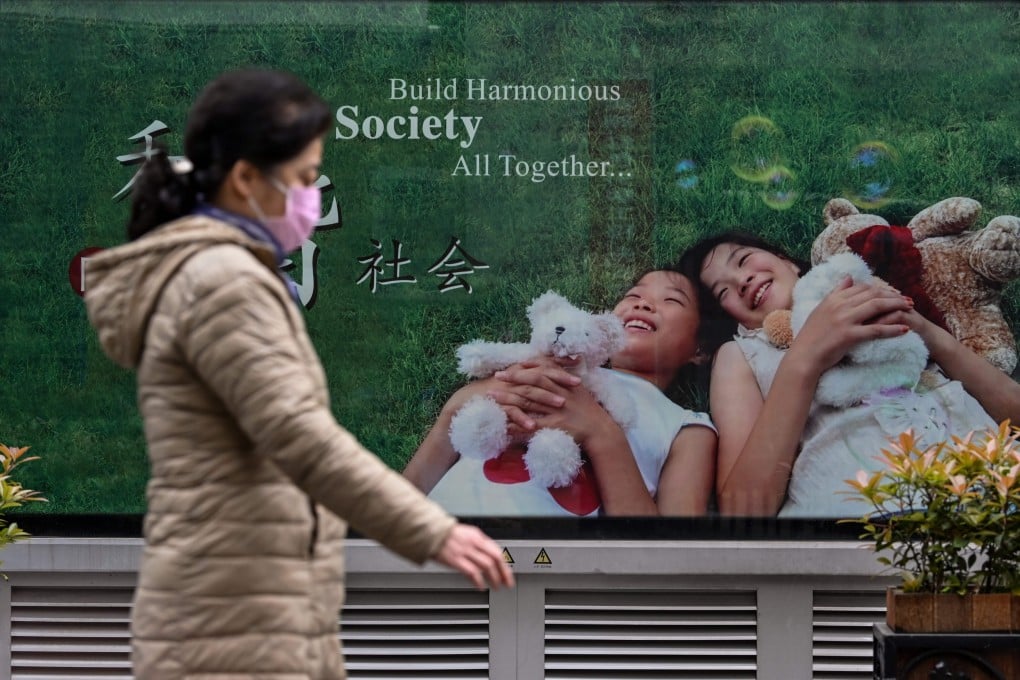Letters | Coronavirus: WHO has played by the book, there was no China factor in its recommendations
- Not associating Wuhan with the virus in the naming of Covid-19 follows WHO best practice for naming diseases
- Likewise, its travel recommendations are also consistent with its own guidelines, and in no way favour China

The World Health Organisation’s handling of the Covid-19 pandemic has sparked controversy and its chief has been criticised for favouring China. The WHO removed the term “Wuhan” in naming the deadly disease caused by the novel coronavirus and did not call for travel or trade restrictions on China. However, such criticism is misguided.
Firstly, the WHO named the novel coronavirus disease Covid-19 based on the best naming practices created in collaboration with the World Organisation for Animal Health and the UN Food and Agriculture Organisation in 2015. These practices are designed to minimise unnecessary negative impact of disease names on economic activities and animal welfare, and avoid causing offence to any cultural, social, national, regional, professional or ethnic groups.
They were created in the wake of the poor naming of swine flu (H1N1) and Mers, or Middle East respiratory syndrome. The former led to the massive slaughter of pigs in Egypt and the latter upset people in Middle East countries.

The use of the more neutral name of Covid-19 was essential, especially when Asians in many parts of the world suffered discrimination because of the virus’ association with Wuhan and China.
This is because travel or trade restrictions would greatly affect the economy, and without a sustainable economy, the health system could also collapse. Besides, travel or trade restrictions may not comply with human rights.
It is hard to see how the WHO is compromising its principles to appease China. The unjustified criticism suggests that the belief in international collaboration are being tested.
Orwell Lai, Sha Tin